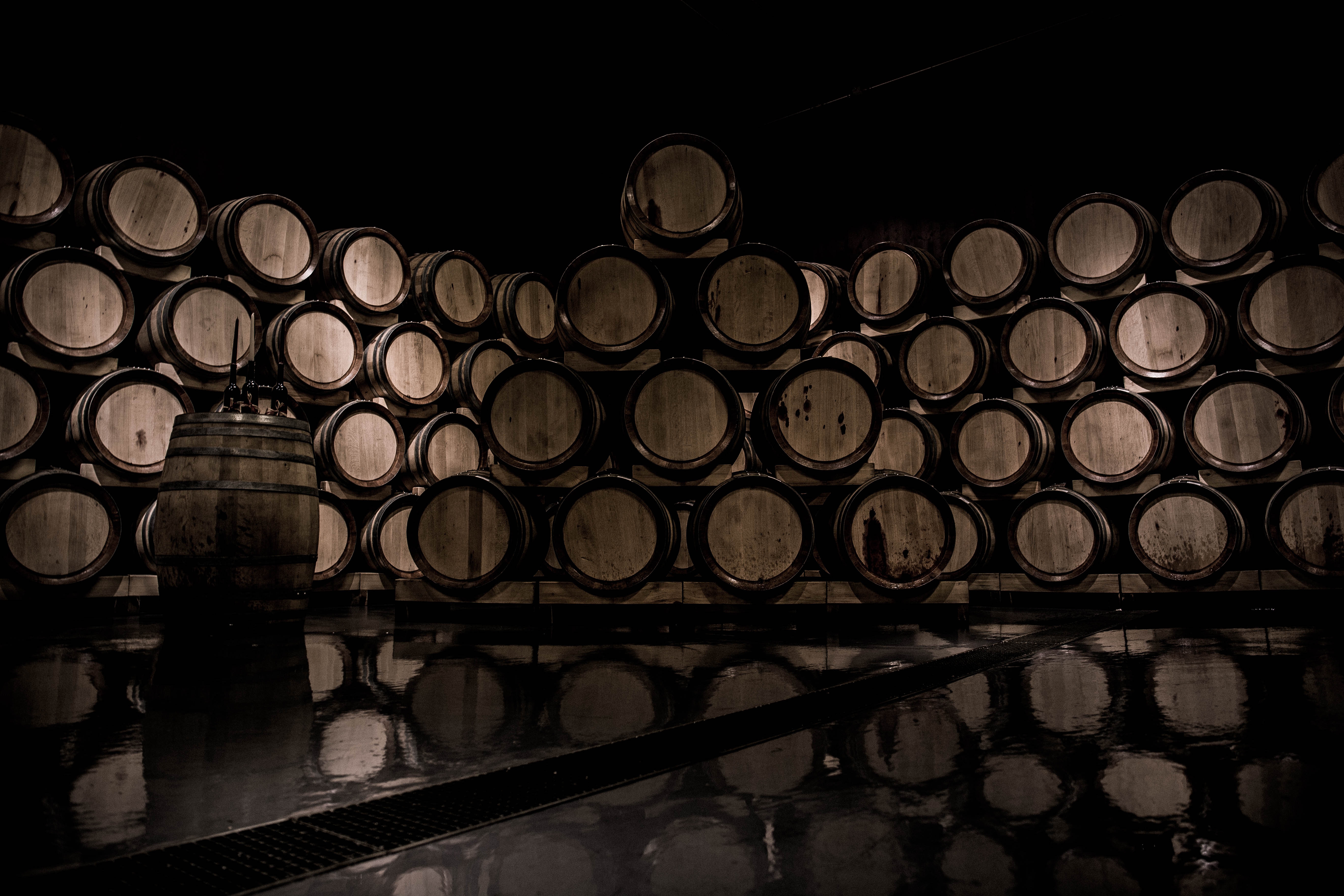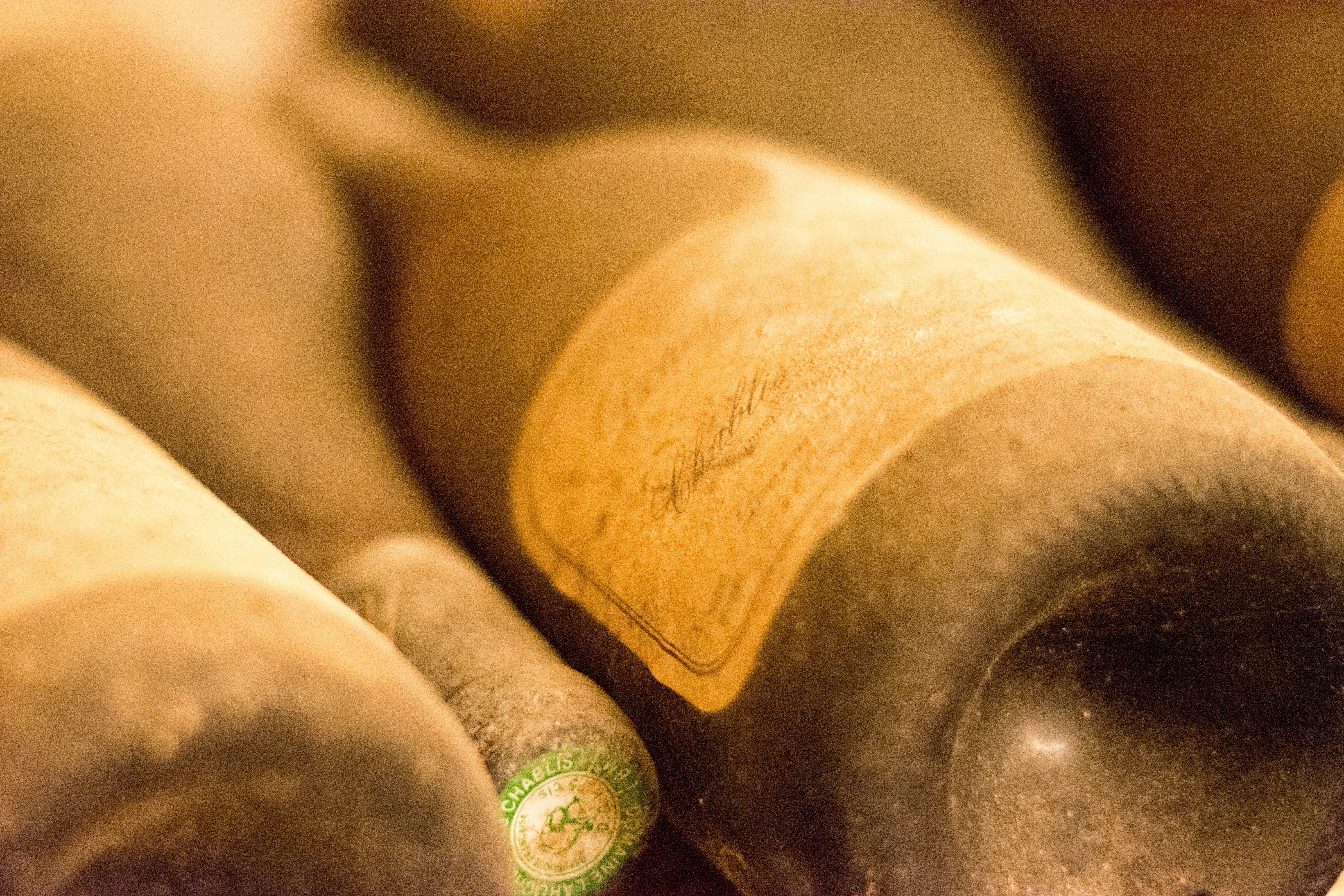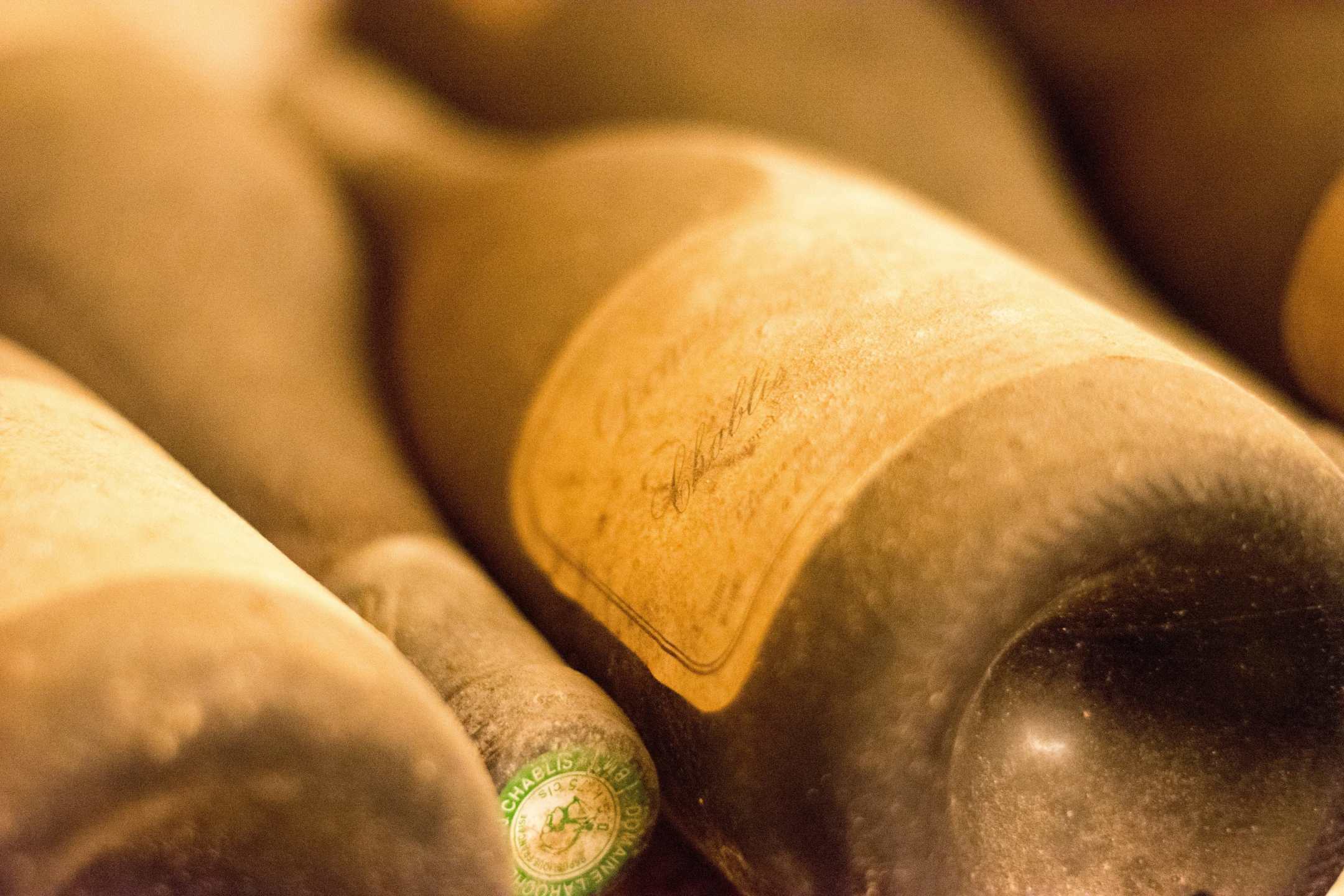According to this quote by Michel Bouvier, viticulture has been placed among other disciplines at the centre of many cultures. Winemaking hasn’t flourished from knowledge exclusive to a handful of experts, it is the result of a trial and error process from a web of individuals over time and across seas. Every civilisation has its own specificities regarding wine culture, over religious, aesthetic and technical dimensions.
This article aims to convey just how the culture surrounding wine can be a cornerstone of civilisation through its several dimensions. Let us unsettle you with the degree to which the evolution of wine is intertwined with that of men.
I – Men and wine linked by a sacred concern
a – Wine in ancient time
In the Antique period, wine was a sacred liquor used during religious services and related to the Divine. The vine and its produce were represented, in Ancient Greece, by Dionysius, God of wine and rapture. In this context, wine was an object of worship as well as a cultural product. The vine which produces and surrenders an abundant harvest and then appears to die in winter, only to come back to life the following spring, was a symbol of resurrection. From there on out, wine was seen as a divine confection.
The rites which took place in ancient times, like the Dionysia in Athens, were crucial to social cohesion. These were grand events involving everyone in the country, even prisoners, who were temporarily freed to take part in the festivities. Wine in its religious use was central to these somewhat political events.
Celebrated all over Greece, but also in Egypt and Rome, these events were capped with theatrical representations. It was not uncommon, however, for wine to cloud the minds of participants and lead to outbursts, such as orgies or violence. These celebrations, referred to as Bacchanalia, were forbidden for a while, but there is no denying they placed the cult of wine as the centrepiece of social cohesion and collective exchange. Wine was associated to the western civilisation of the time.
b – Wine in the monotheistic religion Wine in the monotheistic religion
Judaism includes wine in its rituals, for example during Sabbath or Passover. The Bible also gives wine a central role in several stories, citing it 443 times. This substantial presence reveals the importance of wine and its divine symbolism. We may see an example of this cult to wine in the Christian religion through the magnificent painting Marriage of Cana. This piece of art by Paolo Veronese, painted during the Renaissance and currently exposed at the Musée du Louvre, presents the story according to which Christ turned water into wine.
Along the same lines, the symbolism of wine culminated during the last supper, as the Blood of Christ was assimilated to wine.
Finally, in Islam, wine represents a reward which the faithful will receive in paradise. This is how wine found its place in our civilisations, as a sacred product requiring elaborated technique and associated with divine symbolism. Christian theology during the middle ages (476-1453) dominated western mentalities at the time, and elevated wine to the rank of sanctity.
We have seen here that wine is strongly linked to human history. Western civilisation made it crucial to religion by including it at the heart of their rites. However, in order to convey this meaning of wine, art and culture must take over and represent it in this way. In order to become a work of art, wine takes its roots in local culture.



II – Cultivating wine as art
Is there an art form which has not showcased wine? Whether in paintings, sculptures, literature, cinema, poetry or oenology, wine has always had its place. A bottle or two are often shared to celebrate grand events or glorify feats.
The first art form to celebrate the beauty of wine goes back to ancient times. Is is in Greek tragedies that Dionysius applauds the majesty of wine from its very first performance in 534 BC.
From then on, the greatest poets and writers, from Virgile to Casanova and from Rabelais to Francois Villon have glorified the art of wine. Although the strongest contenders for best wine-related writing are probably philosophers:
Firstly, Voltaire, on “the wine of Champagne” as it was referred to at court in Versailles:
“The sparkling froth of this sharp, crisp wine
Is to the image of our French so fine”
And also Gaston Bachelard, who defined the effects of wine as follows:
“Wine sets hearts free from their sorrows, which is why the wise refer to it as key to the lock of one’s sadness. I love this deep purple-red liquor. It withers the face of concern and gives birth to elation”
Could it be that fine words are the pride of the French? Maybe not. However, they have settled for being the world leader when it comes to wine. It is a French delicacy invariably shared with visiting heads of state, whether they be kings, emperors or presidents, as explained in the article below: “…”
Wine is deeply rooted in the French terroir, a product of excellence embedded in a tradition and a legacy. It embodies a culture, a civilisation and a constant conquest of modernism. France shines through its production of wine and within its regions and villages, it is the reference of local savoir-faire.
This specialty is a thousand-year-old legacy in the country, which no doubt has contributed to making France one of the first producers and exporters of wine. This influence reaches 30% of the market worldwide, where the competition is tough among expertly crafted quality wines.
Nonetheless, thanks to a culture and philosophy based on excellence, bottles from every winemaking region in France find their way to the most refined tables. They are guests of honour at embassies and in the palaces of the Republic, where they crown official dinners.
These examples illustrate how the history of wine and that of men cross over in different eras and countries, as wine becomes a true beacon of civilization for different cultures.

0 Comments